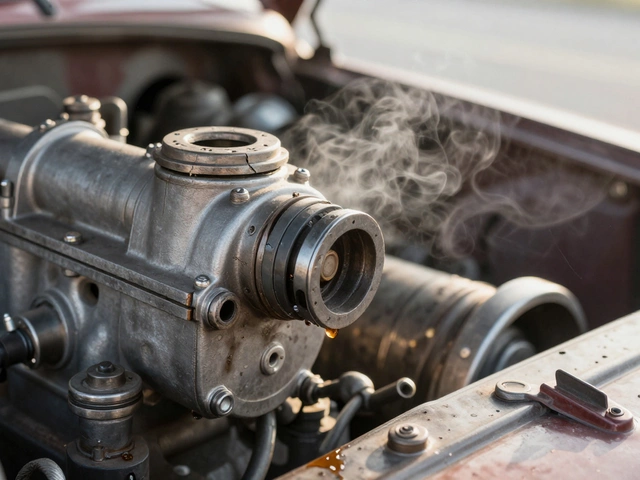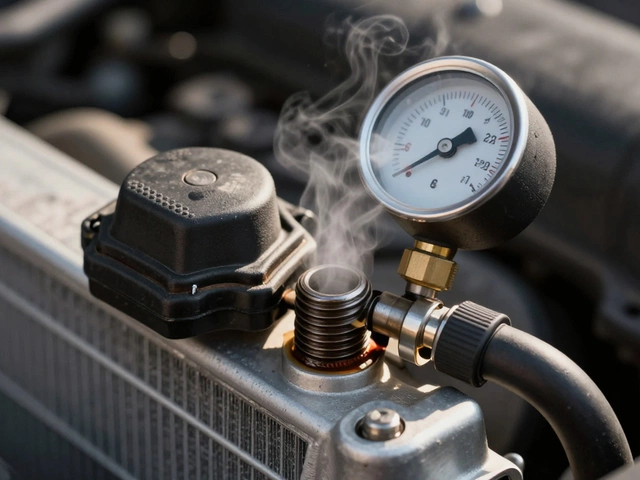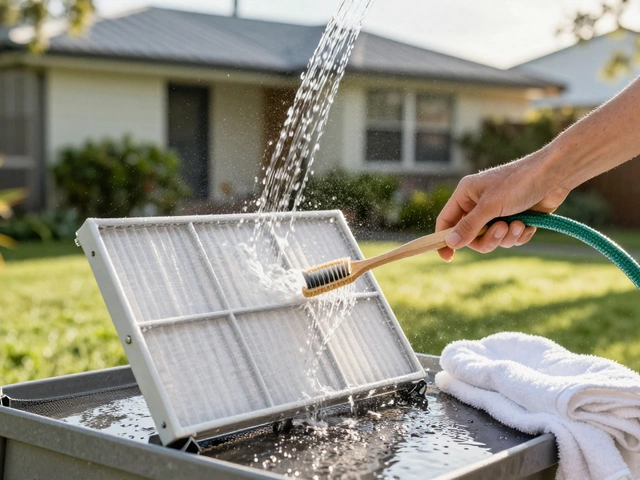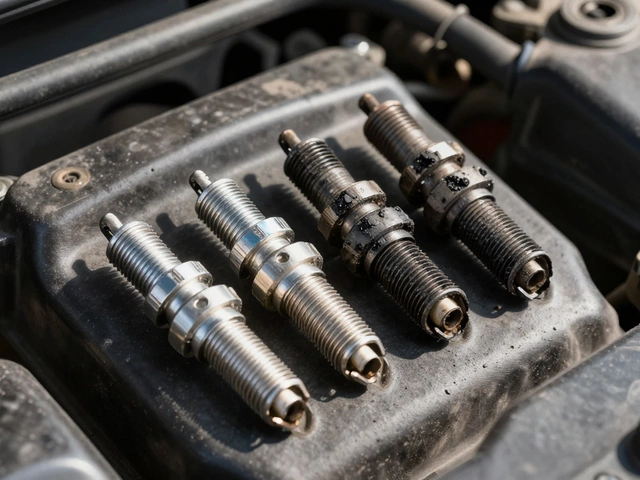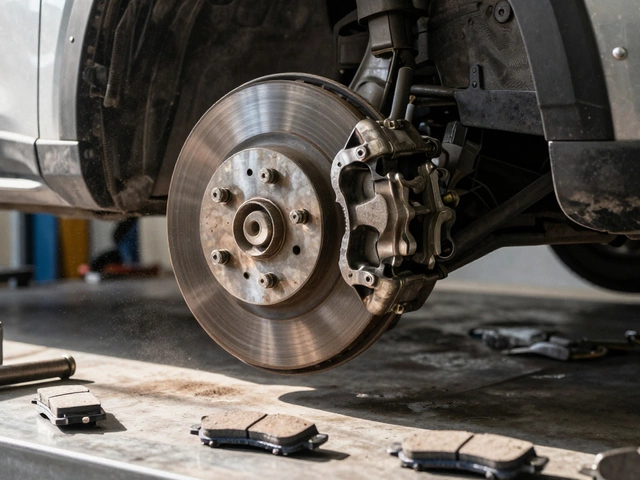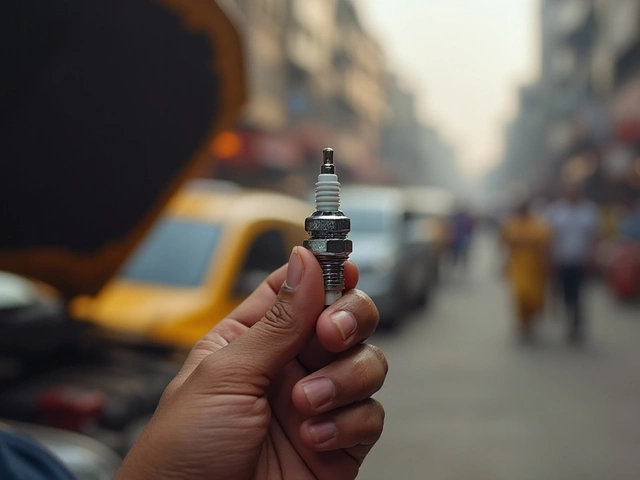Engine Damage: What Causes It and How to Stop It
When your engine starts acting weird, you probably wonder if it’s about to quit. The good news is most engine damage can be spotted early and fixed before it turns into a huge bill. Below you’ll find the most common culprits, the red flags that mean trouble, and a handful of habits that keep your engine humming.
Common Causes of Engine Damage
One of the biggest offenders is neglecting oil changes. Old oil turns into sludge, and sludge clogs vital passages. Without proper lubrication the metal parts grind against each other, leading to worn bearings and warped pistons. If you hear a ticking sound or notice the oil light flickering, it’s time to check the level and consider a fresh change.
Running low on coolant or having a leaking radiator is another sneaky cause. Overheating cranks up the temperature inside the block and can warp the cylinder head or even ruin the head gasket. A bubbling radiator, sweet smell, or steam from under the hood are clear signs you need to address the cooling system right away.
Bad spark plugs don’t just cause misfires; they can overheat the combustion chamber and damage valves. If you’re seeing rough idle, reduced power, or the engine “coughs” when you accelerate, inspect the plugs and replace them if they look fouled or worn.
Using the wrong fuel grade or mixing fuel types can also harm the engine. Lower‑octane fuel in a high‑compression engine causes knocking, which erodes pistons and rings. Always fill up with the manufacturer‑recommended octane to avoid this preventable wear.
Finally, aggressive driving habits—like constant high‑rpm revving or hard launches—heat up the engine faster than normal. While a little fun is fine, habitually pushing the rev limiter puts extra stress on bearings, valves, and the timing chain.
Quick Ways to Prevent Future Damage
Stick to a regular oil‑change schedule. Most modern cars can go 5,000‑7,500 miles between changes, but if you drive in dusty conditions or do a lot of short trips, shorten the interval.
Check coolant levels every month and top off when needed. A simple visual inspection of the radiator and hoses can catch leaks before they cause overheating.
Replace spark plugs according to the service manual—usually every 30,000‑60,000 miles. When you do replace them, use the correct heat range for your engine.
Always use the fuel grade your owner’s manual recommends. If you’re unsure, a quick look online or a call to the dealer will confirm the right octane.
Drive sensibly. Warm up the engine for a minute on cold mornings, avoid holding the revs at the red line, and let the transmission shift naturally. These habits shave off wear and extend the life of internal parts.
Finally, listen to your car. Unusual noises, smoke, or warning lights are not just annoyances—they’re your engine’s way of saying something’s wrong. Early attention saves you from a catastrophic failure that could leave you stranded and facing expensive repairs.
By keeping up with oil, coolant, spark plugs, fuel, and driving style, you’ll dramatically cut the risk of engine damage. Your engine will thank you with smoother performance, better fuel economy, and more miles between major services.
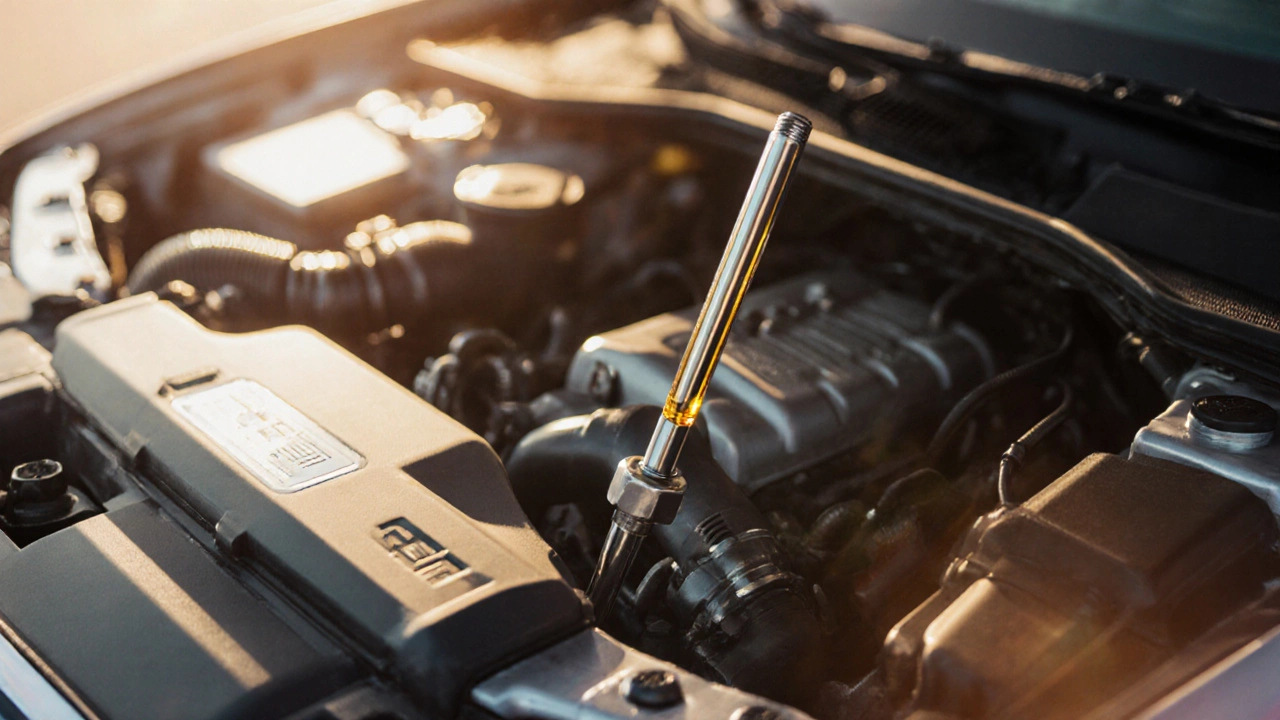
Adding an Extra Quart of Engine Oil - Risks, Effects, and How to Fix It
Find out if adding an extra quart of engine oil can damage your car, how it affects performance, and step‑by‑step ways to fix over‑fill safely.
CONTINUE READING
